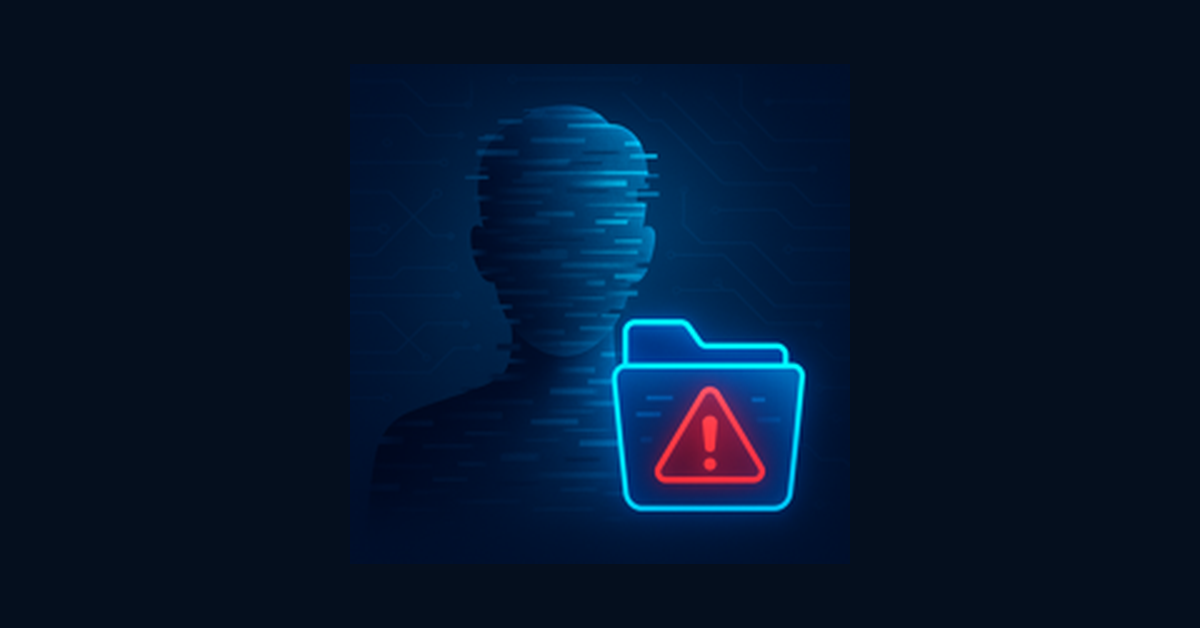Introduction

In 2013, the name Edward Snowden became synonymous with one of the most significant intelligence leaks in modern history. Snowden, a former National Security Agency (NSA) contractor, exposed classified documents that revealed the extent of global surveillance programs run by the NSA and its international partners. His actions sparked a worldwide debate on privacy, security, and government transparency.
This case study revisits Snowden’s disclosures, the impact they had on global cybersecurity awareness, and the key takeaways organizations and individuals can apply today.
Background
Edward Snowden began his career as a systems administrator and intelligence contractor with access to highly sensitive information. In June 2013, he leaked thousands of classified documents to journalists, unveiling programs such as PRISM, which collected data from major tech companies, and XKeyscore, which monitored internet activity on a massive scale.
Snowden’s disclosures showed that governments were not only targeting potential threats but also indiscriminately collecting data on millions of ordinary citizens worldwide.
The Key Revelations
Some of the most impactful revelations included:
- PRISM Program → Direct data access from tech giants like Google, Facebook, and Apple.
- Global Phone Metadata Collection → Mass surveillance of phone call records.
- XKeyscore Tool → The NSA’s ability to track nearly all online activity.
- Collaboration with Allies → Partnerships with agencies such as GCHQ in the UK.
These findings confirmed long-suspected fears of unchecked surveillance power and raised ethical questions about privacy versus national security.
Impact on Cybersecurity & Society
Snowden’s leaks reshaped the cybersecurity landscape in several ways:
- Rise of Encryption
- Tech companies rapidly expanded encryption in messaging, cloud storage, and web browsing (HTTPS by default).
- Public Awareness
- Average users became more conscious of digital footprints, fueling demand for VPNs, secure messaging apps, and privacy-focused tools.
- Policy and Legal Reform
- The USA Freedom Act (2015) ended bulk collection of phone records, showing direct policy impact from Snowden’s disclosures.
- Strained Trust in Tech Companies
- Questions arose about whether global tech firms could protect user data from government surveillance.
Lessons for Today
Snowden’s case remains highly relevant to cybersecurity practitioners, policymakers, and citizens:
- Transparency Matters → Hidden surveillance undermines trust.
- Data is Power → Centralized, mass data collection creates both security and ethical risks.
- Privacy Tools Are Essential → Encryption, multi-factor authentication, and minimal data sharing are no longer optional.
- Whistleblowing & Ethics → Snowden’s actions continue to raise questions about the role of whistleblowers in democratic societies.
Conclusion
Edward Snowden’s leaks were more than a headline story — they reshaped how the world views surveillance, privacy, and cybersecurity. Whether one views him as a hero or a traitor, his disclosures forced governments, companies, and individuals to rethink how much privacy we are willing to trade for security.
For cybersecurity professionals, the Snowden case underscores a vital truth: technology may advance, but trust and ethics remain at the heart of security.
